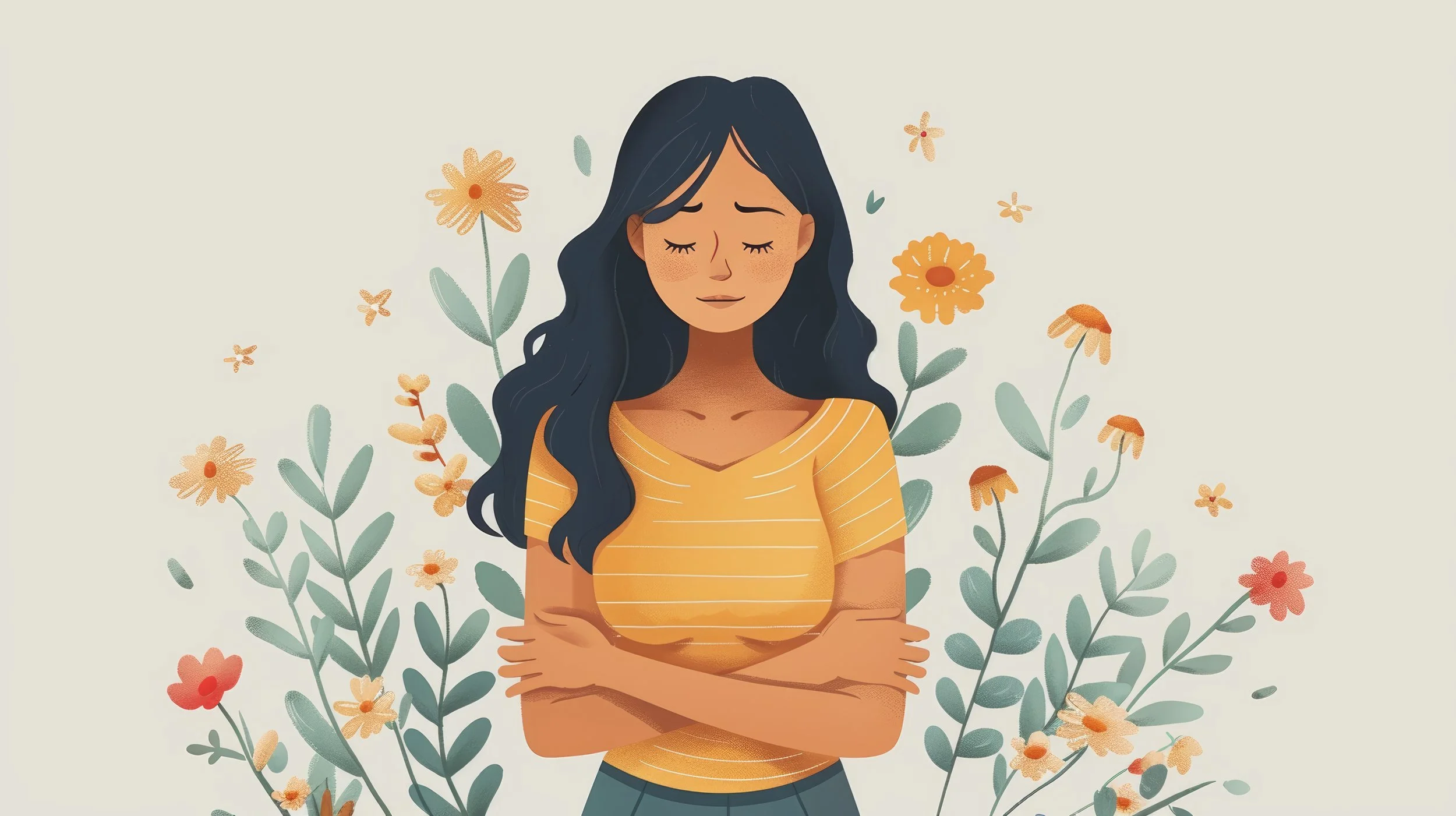Healing After Loss: Therapy for Grief Recovery
-
Grief can feel like an unbearable weight, raw, confusing, and at times disorienting. Sometimes it rushes in all at once; other times it lingers quietly beneath the surface. Alongside sadness, you might find guilt, anger, or even numbness. You might feel like you are supposed to "move on", but part of you is not ready, or does not want to.
You might notice:
A deep sadness or emptiness that does not seem to lift
Difficulty sleeping or eating, as grief takes a toll on the body
Disruptive waves of emotion that feel out of your control
Trouble concentrating, with intrusive memories or questions about the past
A sense of disconnection from others, or even from yourself
Grief is not just about what was lost. It often stirs up earlier experiences, other losses, past attachments, or relational wounds that have gone unspoken. Therapy can help you begin to untangle these threads.
-
In psychodynamic therapy, grief is not treated as a problem to be solved, it is held as something meaningful and personal. Together, we explore how this loss is affecting your sense of self, how past relationships may be shaping your present experience, and what unconscious beliefs or internal dynamics might be emerging through the grief.
Our work might include:
Exploring the emotional meaning of your loss and how it lives in your inner world
Understanding how early attachments or past griefs inform the present
Making space for conflicting feelings, love and resentment, sorrow and relief
Working through feelings of guilt, shame, or regret that can surface during grief
Paying attention to how your experience unfolds in the therapeutic relationship itself
This is not about advice or quick fixes, it is about finding language for what is been silent, and allowing your grief to be known and metabolized in a fuller way.
You do not Have to Grieve Alone
Grief is often lonely, even when you are surrounded by people who care. You may feel pressure to appear "okay," or find that others cannot quite hold the depth of what you are carrying. In therapy, there is no need to filter your experience. We create a space where all of it, your sorrow, your questions, your resistance, even your silence, is welcome.
Through the therapeutic relationship, you do not just process your grief, you begin to experience what it is like to be accompanied in it. That in itself can be transformative.
-
if you are unsure about whether therapy is the right space for your grief, that is completely understandable. Grief is personal. You might wonder if it is too soon, or too late. You might feel overwhelmed by the idea of talking about it at all. In this work, there is no right place to start. We will move at your pace, with care and curiosity.
While grief is a process that often takes time, it does not always require years of therapy to make meaningful progress. In short-term therapy, we can focus on the immediate emotional impact of your loss and work through key emotional challenges that are most pressing. You may begin to:
Understand how grief is affecting your present experience and emotional life
Process key emotions like guilt, anger, or sadness with support
Gain clarity on how past relationships and experiences influence your current grief
Develop new insights into how your grief is affecting your identity and relationships
Even in a short-term framework, psychodynamic therapy allows for deep, reflective work. The shifts may feel gradual, but they can bring immediate relief and lasting insights that help you move forward with a greater sense of understanding and emotional resilience.
Grief is a natural response to loss, but that does not make it easy. Whether your grief is recent or something you have carried quietly for years, it can reshape your inner world in ways that are not always visible. In therapy, we make space for that complexity. We listen closely, not just to the pain, but to what your grief may be trying to tell you about love, meaning, identity, and connection.
What May Begin to Shift
As we stay with the grief and make sense of what it holds, you may begin to notice subtle but meaningful shifts:
A deeper understanding of yourself and your inner life
A softening of harsh self-judgments around how you “should” be grieving
A sense of connection to what or whom was lost, held in a new way
More capacity to sit with complex emotions, rather than feeling overtaken by them
A clearer sense of who you are becoming through this loss
Grief does not have a fixed end point. But it can become something you carry differently, something that opens space for reflection, connection, and meaning, rather than just pain.
Reach Out When you are Ready
Grieving is a process that touches every part of you, and you do not have to walk through it alone. If you are feeling stuck, overwhelmed, or simply in need of a place to make sense of what is happening, therapy can offer a path inward and forward. Reach out to schedule a free 20-minute consultation when you feel ready. I am here to walk with you.

